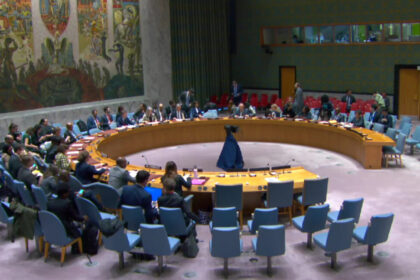RASC News Agency: Under the orders of the Taliban’s Supreme Court, 46 individuals, including 9 women, have been publicly flogged across various provinces in Afghanistan over the past week. Reports from the Taliban’s Supreme Court indicate that between November 1 and November 16, 2024, 44 individuals, including women, were subjected to public lashings in 8 provinces. These punishments were carried out in public squares and fields, where many victims were forced to confess to alleged crimes and were subsequently sentenced to imprisonment.
In one recent incident, a man and a woman were publicly flogged in Bagram district, Parwan province, on charges of “extramarital relations.” Additionally, three individuals, including a woman, were lashed in Kabul and Ghazni provinces. This brutal treatment has drawn widespread condemnation from Afghanistani citizens and human rights activists, who are calling on the international community to take decisive action against the Taliban’s “tyrannical” rule.
Human rights organizations, including Human Rights Watch, have previously expressed alarm over the Taliban’s use of public flogging, warning that such practices contribute to an increasingly oppressive environment for Afghanistan’s citizens. Since their return to power in August 2021, the Taliban have reinstated corporal punishment, with public lashings first resuming in late November 2022. This practice continues, subjecting many citizens to extreme forms of punishment for perceived offenses.
Between November 10 and November 16, 2024, the Taliban carried out public lashings in 8 provinces Kabul, Nangarhar, Paktika, Ghazni, Parwan, Maidan Wardak, Takhar, and Jowzjan resulting in 44 individuals, including several women, being publicly whipped. Over the past three years, reports reveal that the Taliban have lashed 630 individuals, including 112 women, in public across various regions of the country. Furthermore, in 2023 alone, the Taliban executed 175 acts of corporal punishment, including 27 stonings and 4 instances of wall collapses, in addition to numerous other forms of retribution for alleged moral violations.
Human rights activists continue to denounce the Taliban’s actions as “cruel” and a flagrant violation of international human rights norms. Many Afghanistani citizens argue that the Taliban’s use of what they call the “implementation of Sharia” serves as a pretext for imposing the harshest and most draconian punishments on the population.






